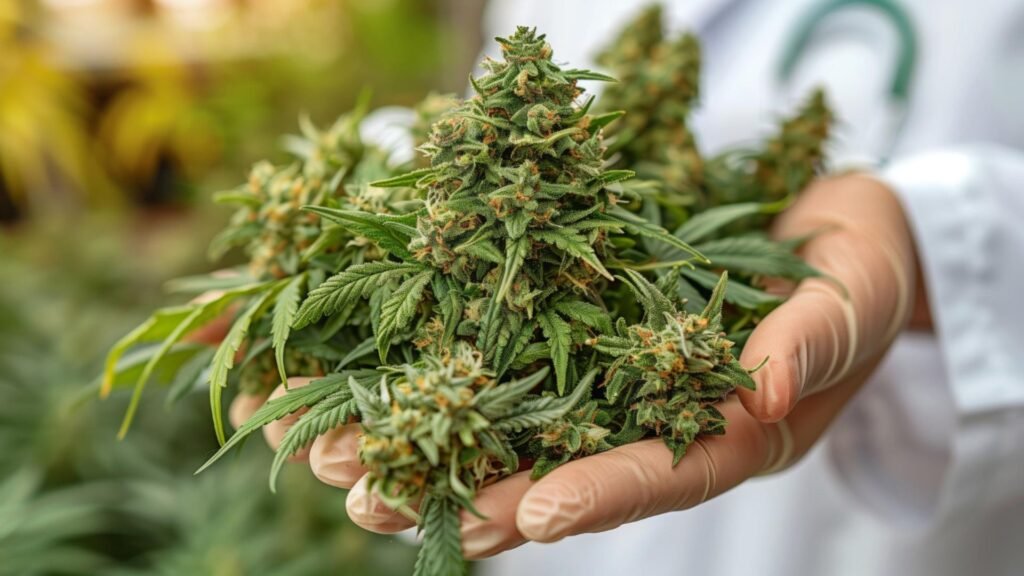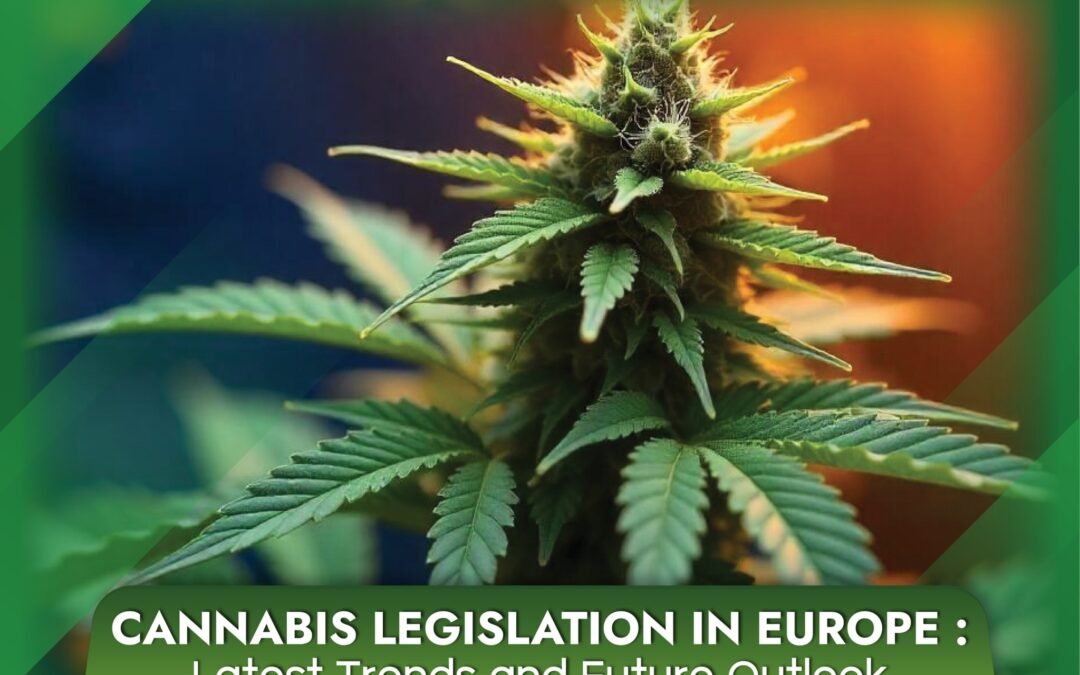Cannabis legislation across Europe is undergoing significant change as more countries move towards decriminalization, legalization for medical use, and in some cases, recreational use. While no uniform policy exists within the European Union (EU), individual countries are leading the way in establishing their own cannabis laws. This article explores the latest trends in cannabis legislation across Europe, focusing on key countries such as Germany, the Netherlands, and Spain, and the outlook for the future.
Legal Developments in Different Countries
Germany: Medical Cannabis and Potential Legalization for Recreational Use
Germany has made significant strides in cannabis legislation over the past few years. In 2017, Germany legalized medical cannabis, allowing patients to access cannabis-based medicines with a doctor’s prescription. This move established Germany as a major player in the European medical cannabis market, where patients use cannabis for conditions such as chronic pain and multiple sclerosis.
In 2022, Germany announced plans to legalize recreational cannabis as part of its broader drug policy reforms. The government aims to regulate and control the distribution of cannabis to adults, ensuring that quality and public safety standards are met. This decision has positioned Germany as a potential trailblazer for recreational cannabis within the EU. If the law passes, it could influence other European countries to follow suit, as Germany would become one of the largest cannabis markets in Europe.

Netherlands: Pioneers of Cannabis Tolerance
The Netherlands is perhaps the most famous country in Europe when it comes to cannabis laws. Although cannabis remains illegal, the Dutch government has adopted a policy of tolerance. Under the coffeeshop system, adults can purchase and consume small amounts of cannabis (up to 5 grams) in licensed coffee shops. However, the cultivation and wholesale supply of cannabis remain illegal, creating a “gray area” in the legal framework.
In 2021, the Dutch government launched a trial to regulate the cultivation and distribution of cannabis to coffeeshops in 10 municipalities. The goal is to assess whether regulated production can resolve issues related to illegal suppliers while maintaining public health standards. Depending on the success of this experiment, the Netherlands could further reform its cannabis laws.
Spain: Cannabis Clubs and Ambiguous Legal Status
In Spain, cannabis laws are more ambiguous than in other European countries. While the possession and use of cannabis in public is illegal, private consumption is generally tolerated. This legal gray area has given rise to a network of cannabis clubs, where members can grow and consume cannabis in a private setting. These clubs operate under the premise that personal use is decriminalized, though cultivation and sale outside of these spaces remain illegal.
The Spanish government has yet to introduce a formal legal framework for the regulation of recreational cannabis, but the cannabis club model has gained popularity, particularly in regions like Catalonia. The future of cannabis legislation in Spain may hinge on further clarification of laws related to personal use, cultivation, and commercial distribution.

Future Outlook for Cannabis in Europe
The future of cannabis legalization in Europe looks promising as more countries adopt progressive stances on cannabis. Germany’s potential legalization of recreational cannabis could set a precedent for other EU countries. The Netherlands may continue to refine its regulatory model, and Spain’s cannabis clubs offer a unique approach to cannabis use in Europe.
The ongoing trend suggests that while cannabis laws across Europe are fragmented, the push towards legalization and regulation is gaining momentum. As more countries consider reform, the possibility of a unified European framework for cannabis could emerge in the future, fostering both medical and recreational cannabis markets across the continent.
conclusion
In conclusion, cannabis legislation in Europe is evolving rapidly, with each country adopting its own unique approach. Germany is leading the charge towards recreational cannabis legalization, which could trigger broader reforms across the continent. The Netherlands continues its tradition of tolerance with its coffeeshop system, while the experimental regulation of cannabis cultivation may pave the way for a more structured industry. In Spain, the cannabis club model is a noteworthy example of how countries are managing cannabis use in private settings despite the lack of a clear legal framework.
The overall trend shows growing acceptance of cannabis across Europe, with an emphasis on regulation and public health. As more countries move towards legalization, the future may see a more unified cannabis market across the EU, driven by economic potential and the need to combat illegal trade.
MJB Farm We are new-generation farmers who care about growing cannabis, taking care of cannabis flowers, and conserving the environment. Every product exported from us must be of good quality and a high standard. Therefore, our cannabis exports must meet European and global standards.

